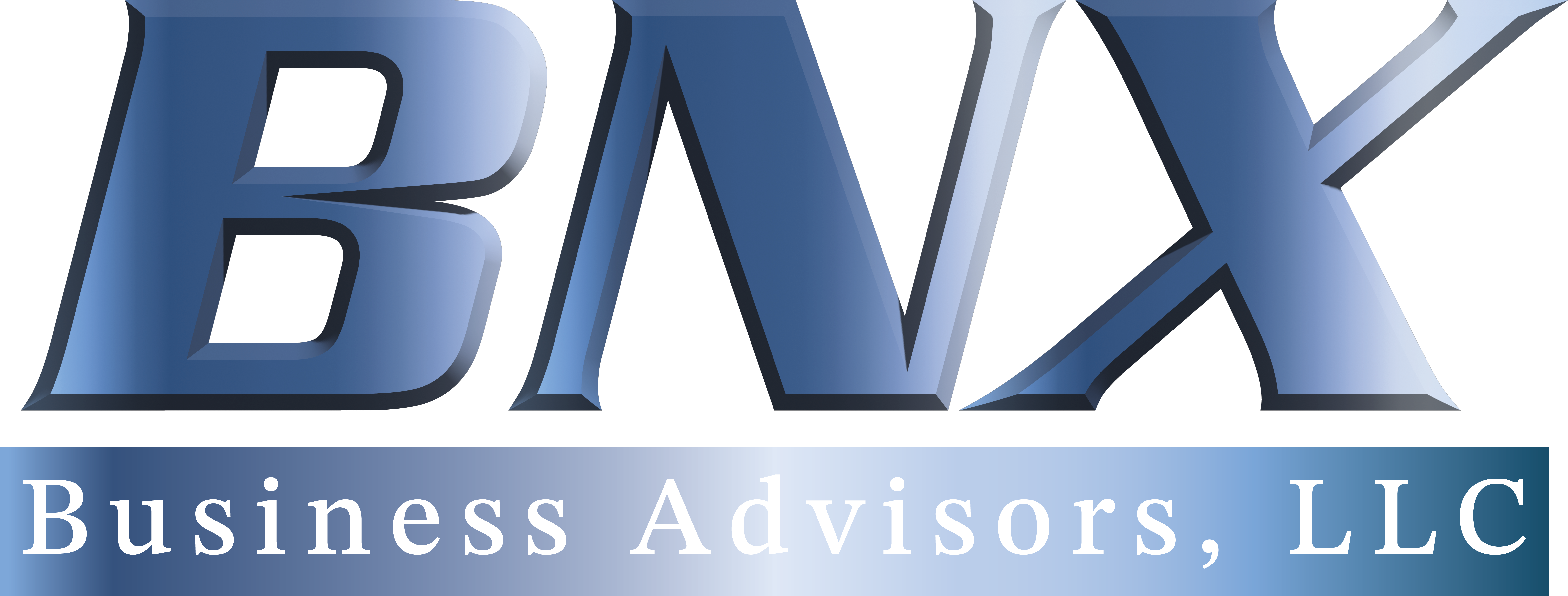
Organizational Development (OD) is the backbone of business transformation, but many companies fail to execute it effectively. Without a structured approach, OD initiatives can lead to misdiagnosed problems, ineffective interventions, and unsustainable change.

Table of Contents
For HR consultants and business owners, mastering the OD life cycle—from diagnosis to sustainability—is critical for long-term success. But what happens when things go wrong? Let’s explore the most costly mistakes organizations make and how to avoid them.
1. Misdiagnosing the Root Cause of Issues
One of the biggest OD pitfalls is focusing on symptoms rather than root causes. Organizations often:
❌ Rely on surface-level observations instead of deep analysis.
❌ Implement quick fixes that fail to address the core problem.
❌ Skip employee feedback and rely only on management’s perspective.
Solution:
✔️ Conduct thorough assessments using surveys, interviews, and data analytics.
✔️ Involve employees at all levels to get a complete picture of the issue.
✔️ Use quantitative and qualitative methods to validate findings.
2. Designing One-Size-Fits-All Interventions
Not all OD interventions work the same way for every organization. Yet, many businesses:
❌ Adopt generic frameworks without customizing them to their culture.
❌ Ignore employee resistance, leading to failed initiatives.
❌ Overlook long-term feasibility, implementing strategies that aren’t sustainable.
Solution:
✔️ Tailor interventions to align with organizational goals and culture.
✔️ Conduct pilot programs before rolling out large-scale initiatives.
✔️ Gather employee input to refine interventions for better engagement.
3. Lack of Leadership Commitment
Even the most well-planned OD strategy will fail without leadership buy-in. Common issues include:
❌ Leaders viewing OD as an HR function rather than a strategic priority.
❌ Inconsistent messaging and support from leadership.
❌ Failure to model the desired change, leading to resistance from employees.
Solution:
✔️ Ensure executive alignment before launching OD initiatives.
✔️ Train leaders on change management and OD best practices.
✔️ Make leadership accountable for driving and sustaining change.
4. Underestimating Change Management
Implementing change is one thing—making it stick is another. Many organizations:
❌ Focus only on technical implementation, neglecting human factors.
❌ Fail to provide proper training and communication.
❌ Assume employees will naturally adapt without structured support.
Solution:
✔️ Develop a comprehensive change management plan with clear steps.
✔️ Provide ongoing training and reinforcement.
✔️ Communicate the benefits of change frequently and transparently.
5. Failing to Sustain the Change
Many OD initiatives start strong but lose momentum over time. This happens because:
❌ Organizations lack systems for continuous reinforcement.
❌ There’s no tracking of progress and impact.
❌ Employees revert to old habits due to lack of accountability.
Solution:
✔️ Embed changes into organizational culture and daily operations.
✔️ Regularly measure progress and adapt strategies if needed.
✔️ Recognize and reward employees for embracing change.
How BNX Business Advisors Can Help
At BNX Business Advisors, we specialize in navigating the OD life cycle with precision and expertise. Our services include:
✅ In-depth OD Assessments – Ensuring your diagnosis is accurate.
✅ Customized Interventions – Tailoring strategies for lasting impact.
✅ Support – Helping leaders drive and sustain change.
📢 Avoid costly OD mistakes! Contact BNX Business Advisors today for expert guidance on your Organizational Development journey.
FAQs
1. Why is the Organizational Development life cycle important?
The OD life cycle ensures structured and sustainable change, helping organizations improve effectiveness and adaptability.
2. What is the biggest challenge in OD initiatives?
Misdiagnosing organizational issues and implementing ineffective, one-size-fits-all solutions are common challenges.
3. How can businesses improve OD success rates?
By conducting proper assessments, involving employees, and implementing strong change management strategies.
4. What role does leadership play in OD?
Leadership commitment is essential for sustaining change and ensuring OD strategies are aligned with business goals.
5. How can BNX Business Advisors help organizations with OD?
BNX provides expert assessments, customized interventions, and long-term change management solutions to ensure OD success.
🚀 Is your OD strategy built for success? Contact BNX Business Advisors today!
